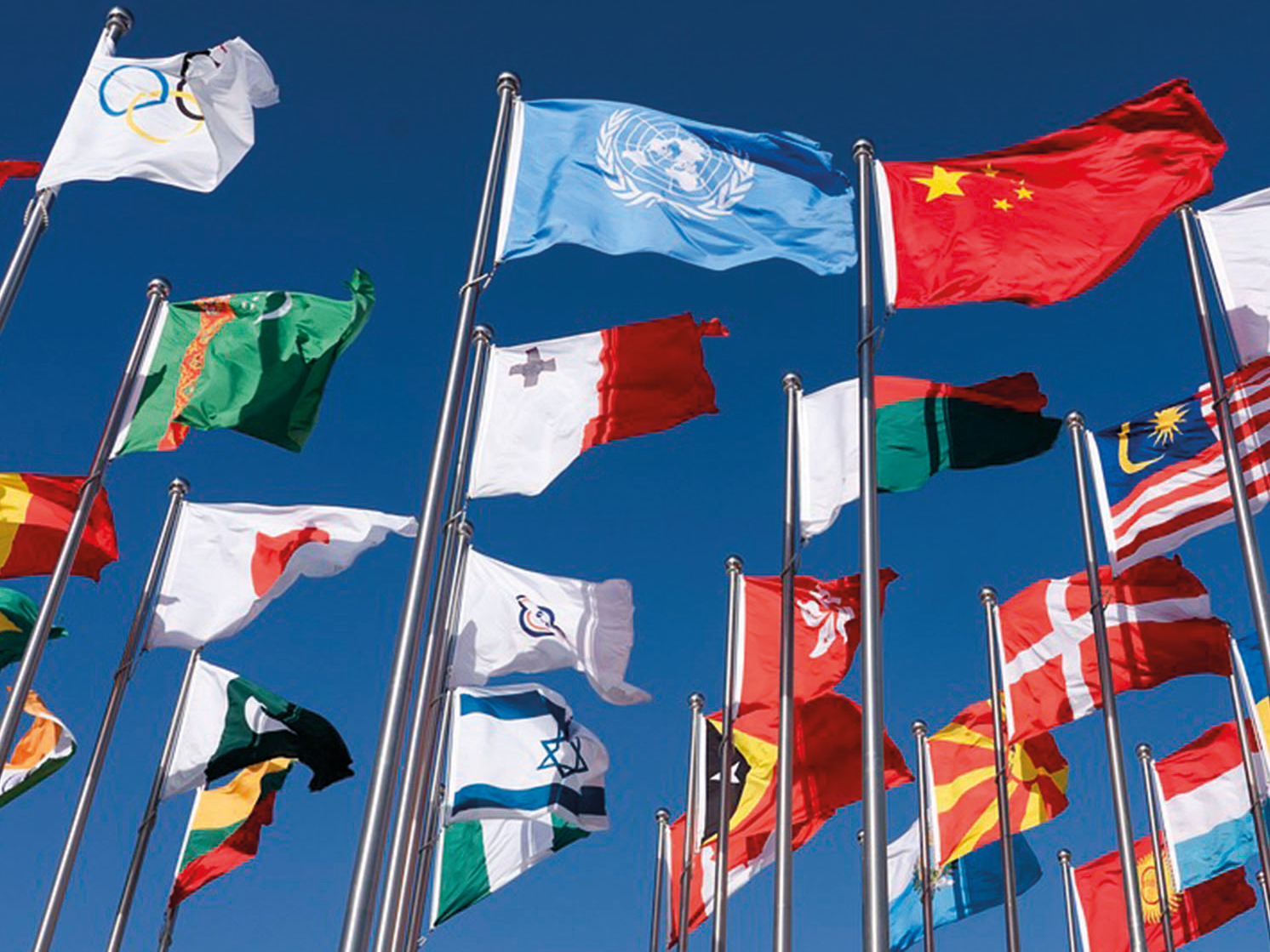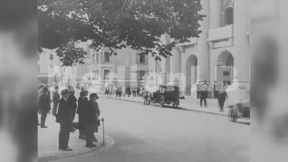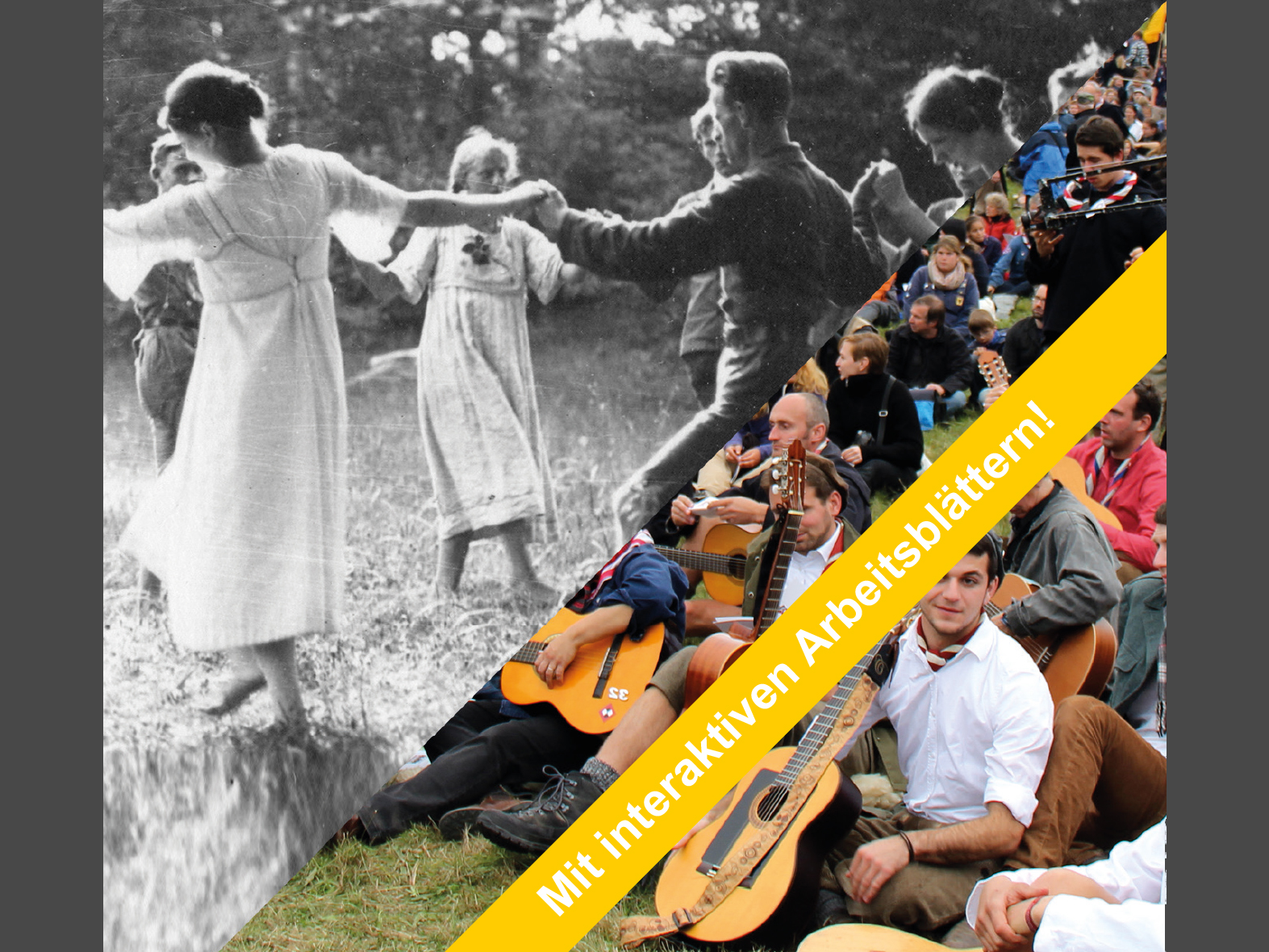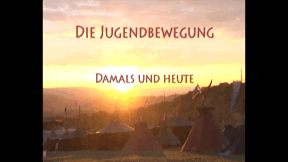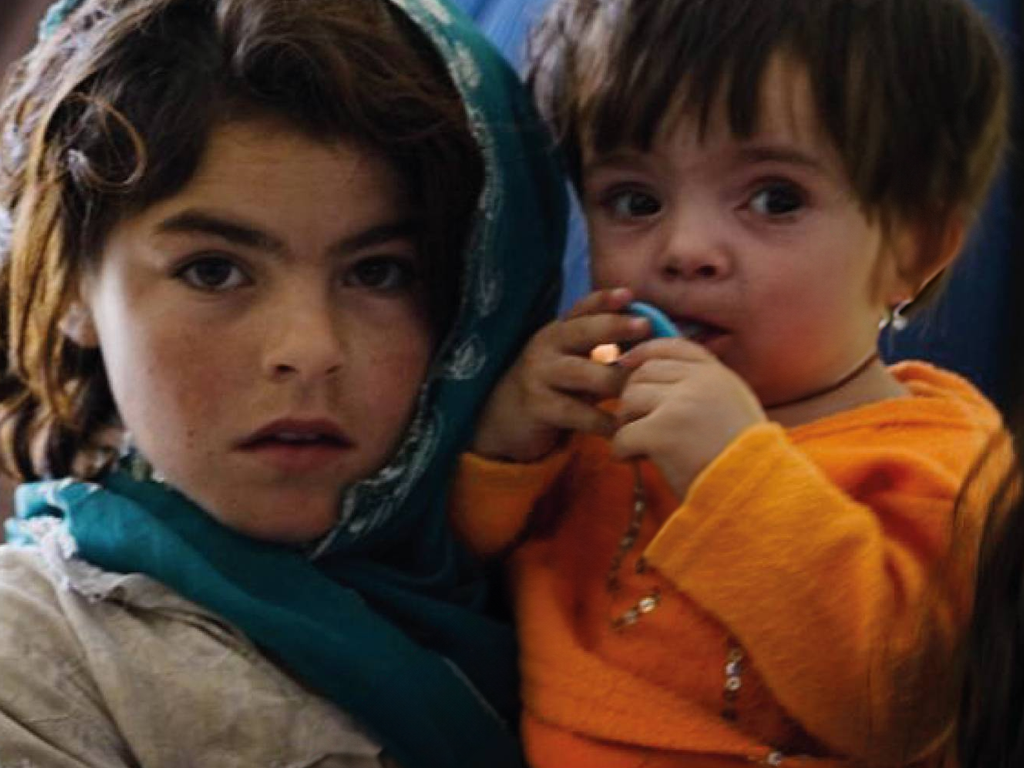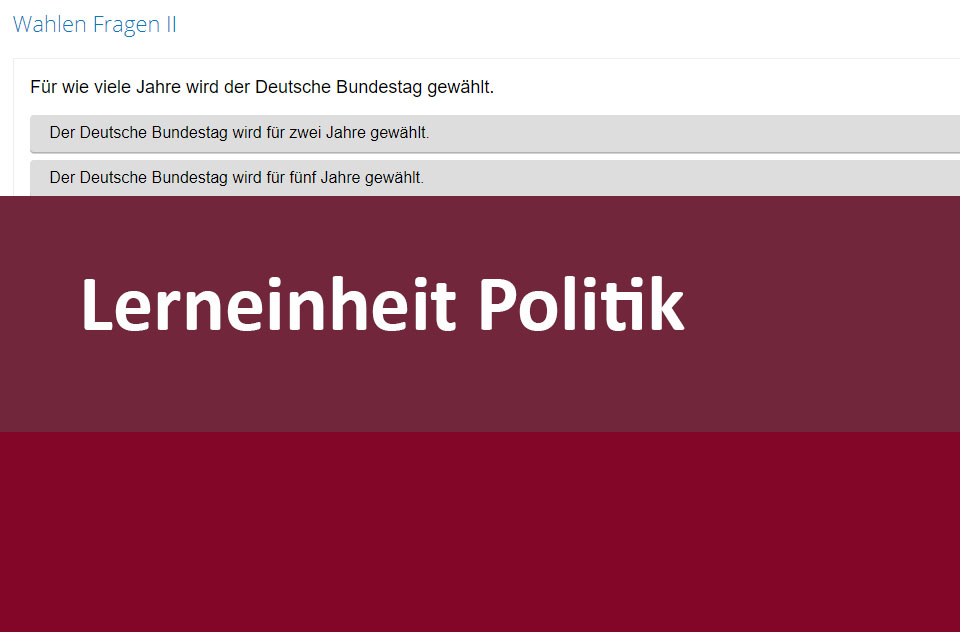
55502587
Grundlagen des politischen Systems: Wahlen
In 10 interaktiven Aufgaben wird Wissen zu dem Wahlsystem in Deutschland vermittelt und anschließend abgefragt.
Das Medium bietet H5P-Aufgaben an, die ohne zusätzliche Software verwendbar sind.
Durch interaktive Aufgabentypen wird das audiovisuelle und interaktive Lernen einfach.
Lernen macht jetzt Spaß!
Included Tasks
- I Wahlen in der Demokratie - Einordnung mit Lückentext
- II Wahlrechtsgrundsätze - Darlegung und Fallaufgaben
- III Das passive und aktive Wahlrecht - Interaktive Aufgaben
- IV Einführung des Wahlrechts in Deutschland - Zeitleiste
- V Wahlen - Fachbegriffe entdecken
- VI Wahlsysteme - Lückentext und Interaktive Aufgabe
- VII Die Wahlen zum Deutschen Bundestag - interaktive Aufgaben
- VIII Die Fünfprozentklausel - Interaktive Aufgabe
- IX Wahlen - Abfrage
- X Wahlen Fragen II
Curriculum-centred and oriented towards educational standards
Matching
UNO
The UNO (United Nations Organization), in German the United Nations, is an international association with headquarters in New York. Since its founding in October 1945, its members have worked to maintain peace and security, respect for human rights and sustainable development.
Youth Movement
Dancing until your feet hurt: Here, at the meeting on the Hoher Meissner near Kassel, 3,500 participants from Boy Scout associations, youth and Wandervogel groups from all over the German-speaking region have gathered. They want to celebrate, simply get to know each other and commemorate a historic anniversary.




